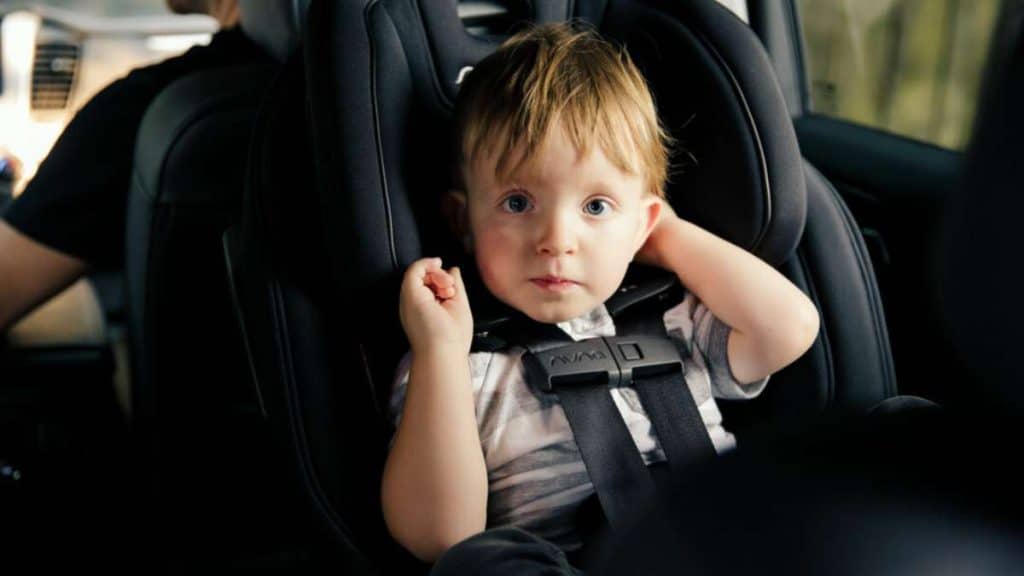Fresno, California, is a bustling city in the San Joaquin Valley, renowned for its agricultural prowess and diverse community. It offers a blend of urban amenities and rural charm, making it a unique place to live and visit. Fresno’s residents are a vibrant mix of cultures and backgrounds, contributing to a lively atmosphere filled with festivals, farmers’ markets, and community events. The city is also a significant educational hub, home to Fresno State University, which adds a youthful energy to the area. Despite its many positive attributes, Fresno’s busy streets and highways see their fair share of car accidents.
These accidents are, unfortunately, a common occurrence, but the situation becomes even more serious when children are involved. Accidents can greatly impact children physically, emotionally, and financially, and it’s crucial to know the protections and compensation available to them to enable their recovery. A free case consultation with a trusted lawyer is a good idea in such situations. In this article, we’ll delve into the key legal aspects concerning child passengers in car accidents.
1. Determining Responsibility in Car Accidents
Car crashes with child passengers often happen due to the actions of one or more individuals. It’s vital to establish responsibility to take measures against those at fault. Several factors play a role in determining responsibility, such as driver negligence, traffic violations, faulty equipment or road conditions, and the potential involvement of multiple parties.
2. Legal Safeguards for Child Passengers
In order to ensure the safety of child passengers while traveling in vehicles, state regulations mandate parents and guardians to use child safety seats or booster seats. The specific laws related to child restraint systems vary by state, but they are all aimed at protecting infants and kids from harm during accidents.
3. Compensation for Injured Child Passengers
If a child passenger sustains injuries in a car accident due to someone’s negligence, they may be entitled to receive compensation. This kind of compensation usually includes covering medical bills, costs for rehabilitation therapy, the child’s pain and suffering, emotional distress from the accident, potential loss of earnings due to their injuries (if applicable), and other relevant damages.
4. Handling Claims for Children
Submitting a personal injury claim on behalf of a child differs from pursuing claims for adults. Since children are legally considered minors, they cannot file lawsuits on their own. Therefore, a parent or guardian must act as their representative and seek compensation for their losses.
5. Understanding Time Limits
Understanding the statute of limitations is crucial when seeking action after a car accident with a child passenger involved. Each state sets its own time limits within which victims must file their claims before they expire permanently.
6. Choosing Between Settlements and Trials
In dealing with car accident claims involving child passengers, there are typically two options: reaching a settlement or going to trial. A settlement allows the involved parties to negotiate an agreement without having to go to court, while going to trial involves a process where a judge or jury determines liability and grants compensation.
7. Consulting with an Attorney
When dealing with insurance matters after a car accident involving a child, it can get quite overwhelming and confusing. Seeking advice from a personal injury lawyer who specializes in cases related to child passengers can offer support and guidance throughout the entire legal process.
8. Proving Negligence in Car Accidents
One crucial aspect in obtaining compensation for child passengers involved in car accidents is proving negligence. This involves demonstrating that the responsible party had a duty of care, they violated that duty, and their actions directly led to the injuries sustained by the child passenger. This often entails collecting evidence like accident reports, witness testimonies, medical records, and expert assessments.
9. Special Considerations for Injuries to Child Passengers
Injuries suffered by child passengers differ significantly from those experienced by adult occupants due to variations in size, physiology, and vulnerability. Child passengers may endure flesh wounds, head and neck trauma, spinal cord harm, and fractures, as well as emotional distress. It’s important to take into consideration these factors when pursuing compensation and ensuring medical care and rehabilitation for the child.
10. Emotional Impact on Child Passengers
The emotional toll of car accidents on child passengers can be profound and enduring. Child passengers who have been in car accidents may develop a fear of riding in vehicles or experience anxiety related to the crash. It’s important to consider the challenges these young victims face when seeking compensation. Compensation can play a role in providing them with resources like therapy to support their well-being during the recovery process.
In Conclusion
Child passengers involved in car accidents need care and protection. Understanding the legal aspects, eligibility for compensation, and necessary steps is vital to ensuring that injured children receive the care and financial assistance they need. By being knowledgeable about these issues and working with advisors, families can better navigate the path toward justice and recovery following such traumatic events.

